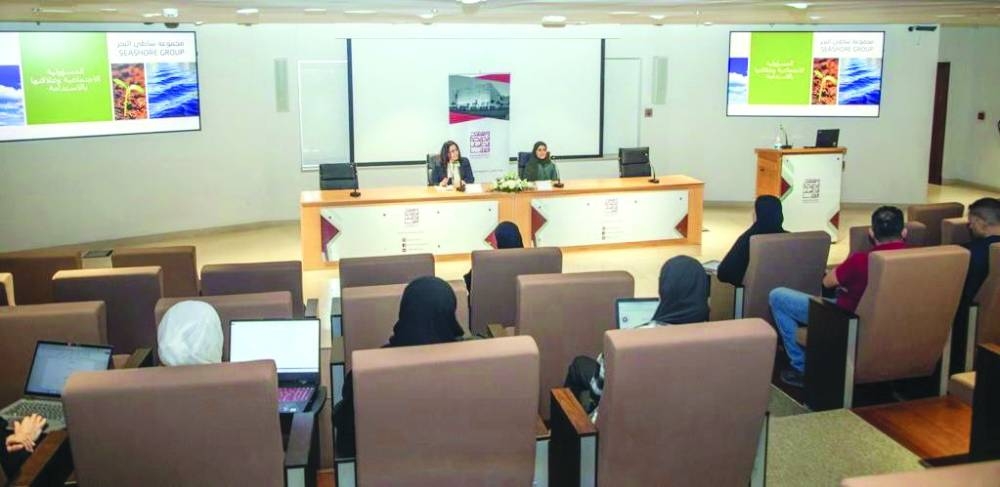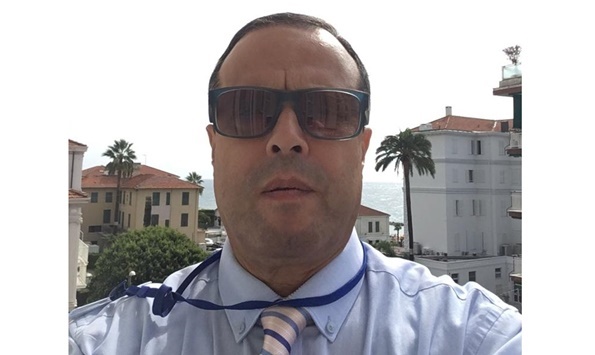The Doha Institute for Graduate Studies (DI)’s Administrative and Financial Department has organised a lecture on social responsibility and sustainability, in collaboration with the Seashore Group.
It was presented by Seashore Group sustainability co-ordinator Lolwa Mohamed Ali and moderated by Dr Rania Mansour, assistant professor in the Social Work Programme at the DI.
In her introduction, Dr Mansour stressed that social responsibility is a commitment that affects every individual or institution, as it ensures a balance between the economy and the environmental systems and contributes to addressing some issues affecting societies.
The relationship of social responsibility with sustainability enhances the ability to preserve the quality of life in the long run and guarantees it for future generations through the optimal and responsible use of the environmental resources.
Ali spoke about the history of recycling, noting that it dates back to thousands of years.
Although it may seem like one of the modern concepts associated with the environmental movements in the 1970s, recycling was used by some individuals thousands of years ago.
However, it emerged in the 1930s and 1940s as one of the important concepts that would help achieve a sustainable future.
Corporate social responsibility, in its simplest sense, refers to a type of self-regulation for organisations with the aim of social accountability and making a positive impact on society.
Organisations can implement social responsibility initiatives and programmes through several ways, with the most important being the use of clean technologies, promoting equality and diversity in the workplace, as well as respecting employees and clients.
Ali explained that the Seashore Group is involved in the recycling of materials, including batteries, medical and industrial waste, used cooking oil, iron, copper, aluminium, plastic and paper.
A number of initiatives have been launched with partner institutions such as the Ministry of Education and Higher Education, the Ministry of Municipality, the Ministry of Environment and Climate Change, Ooredoo, and Qatar Museums.
Ali concluded that a good institutional organisation based on planning, development and innovation will have a positive impact on society, helping raise awareness about recycling, and establishing values related to sustainability in its various indicators.


